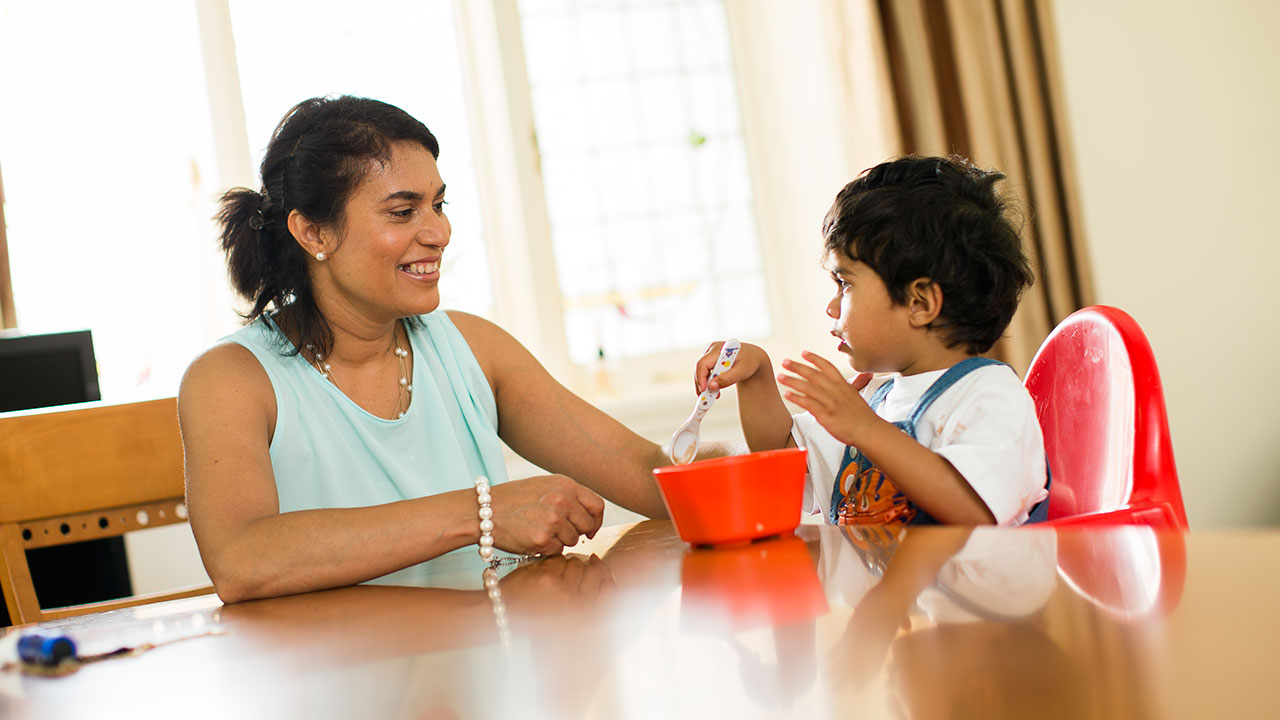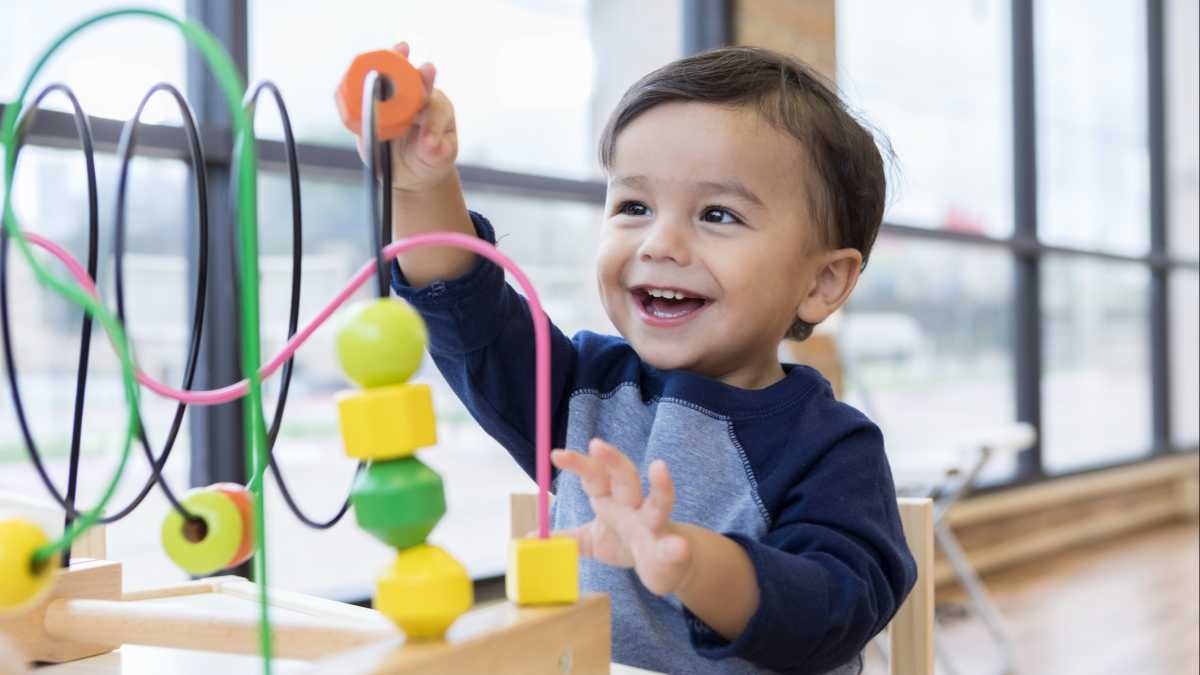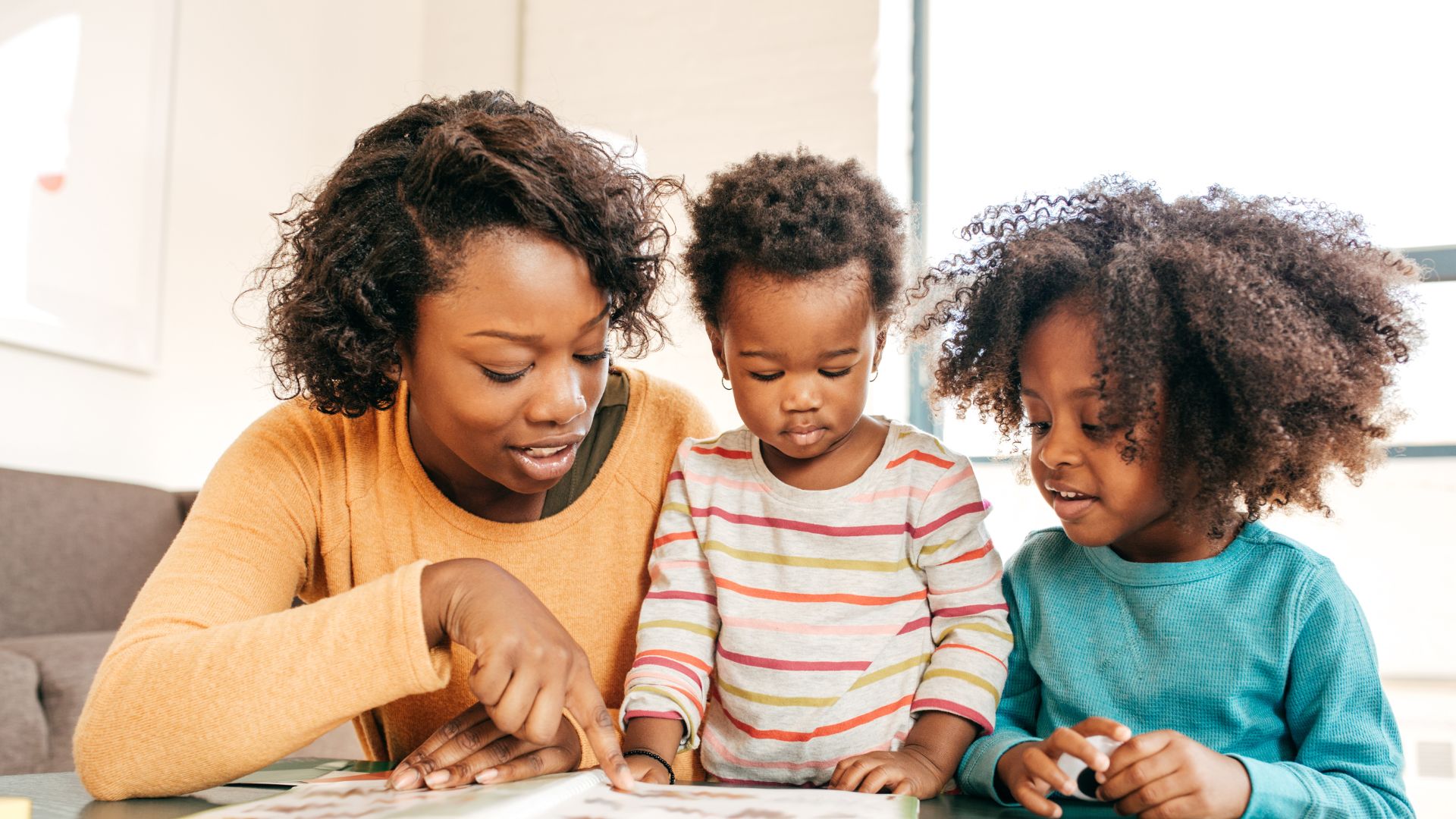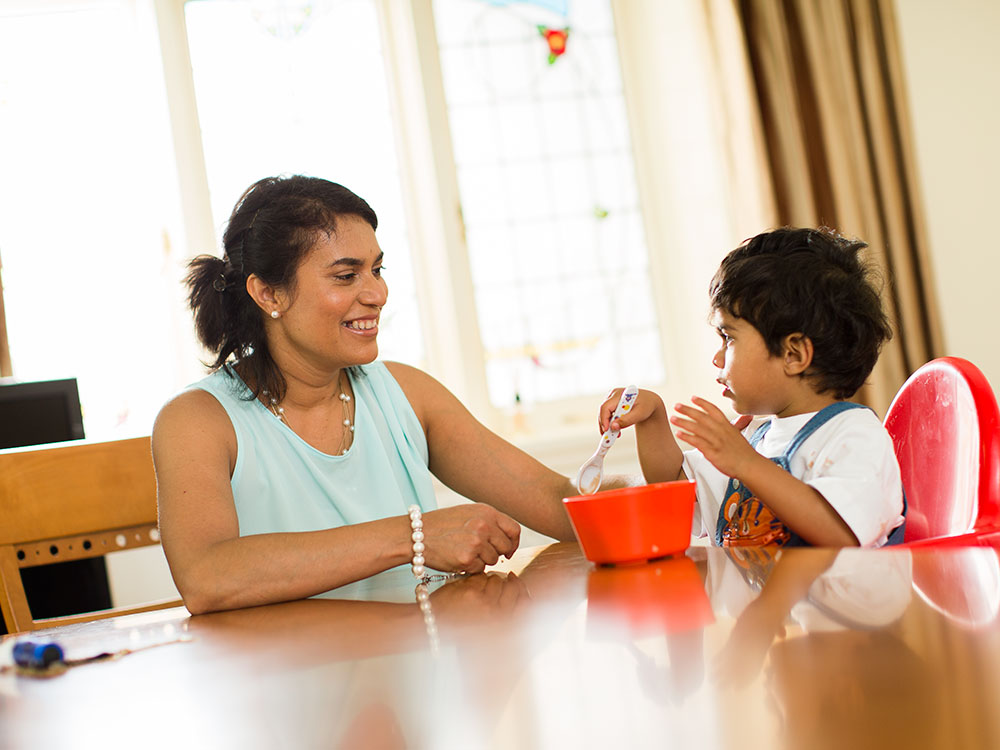Why Are Parent-Child Communication Strategies Essential?
Enhancing parent-child communication is essential for building lasting emotional connections. Open dialogue boosts self-esteem and supports your child’s growth and success. By creating a safe space for natural conversations, you lay the groundwork for trust and understanding. Actively listening and valuing your child’s thoughts fosters strong bonds. Honest conversations enhance empathy, resilience, and adaptability. Engage in activities that develop cognitive, emotional, and social skills, promoting healthy child development. Quality time and meaningful discussions reinforce trust and mutual respect. Strengthening these strategies fosters lifelong connections and nurtures positive relationships.
Key Takeaways
- Establish trust, emotional growth, and self-esteem
- Strengthen parent-child bonds through open dialogue
- Support children’s development and success
- Foster understanding, empathy, and resilience
- Enhance mutual respect and positive relationships
Building Strong Connections

To foster strong relationships between you and your child, it’s essential to establish open and honest communication channels from an early age. Effective communication is key to building connections that are meaningful and lasting. Research shows that children who’ve open lines of communication with their parents tend to have higher self-esteem, better social skills, and excel academically.
Building connections with your child starts by actively listening to them. Show genuine interest in what they’ve to say, ask open-ended questions, and validate their feelings. This creates a safe space for them to express themselves without fear of judgment. Additionally, setting aside dedicated time for one-on-one interactions can strengthen your bond and deepen your connection.
Furthermore, be mindful of your body language and tone of voice during conversations. Non-verbal cues can often convey more than words themselves. By being present, empathetic, and supportive, you’re laying the foundation for a strong and trusting relationship with your child.
Fostering Emotional Well-Being

To foster your child’s emotional well-being, remember that building trust through open dialogue is key.
Encouraging empathy and understanding in your interactions can help your child navigate their emotions effectively.
Promoting an environment where open expression is welcomed can nurture your child’s emotional growth and resilience.
Building Trust Through Dialogue
Effective parent-child communication, rooted in trust-building dialogues, plays a crucial role in fostering emotional well-being within the family dynamic. Trust building conversations and emotional bonding between parents and children form the foundation for a secure and healthy relationship.
When parents engage in open, honest, and empathetic communication with their children, they’re actively building rapport and establishing a safe space for emotional expression. Research indicates that children who experience regular, positive communication with their parents tend to have higher self-esteem, improved emotional regulation, and better mental health outcomes.
By fostering a communicative environment based on trust and understanding, parents can support their children’s emotional well-being and overall development. Encouraging dialogue that’s both supportive and validating helps children feel heard and valued, strengthening the parent-child bond.
Through effective communication, parents can create a nurturing space where emotions are acknowledged, leading to enhanced emotional resilience and a deeper sense of connection within the family unit.
Nurturing Empathy and Understanding
Nurturing empathy and understanding within the parent-child relationship is fundamental for fostering emotional well-being and healthy development. Empathy development is essential in helping children recognize and empathize with the emotions of others. By actively listening to your child’s feelings and demonstrating understanding, you create a safe space for them to express themselves authentically. Building rapport through empathy allows for deeper connections and strengthens the parent-child bond.
Research shows that children who feel understood and supported in expressing their emotions tend to have higher self-esteem and better emotional regulation skills. When parents validate their child’s feelings and show empathy, it helps the child feel heard and valued, promoting a positive emotional well-being.
Promoting Open Expression
Encouraging open expression of emotions with your child is key to nurturing their emotional well-being and fostering a healthy parent-child relationship. Active listening plays an essential role in this process. When you actively listen to your child without judgment, you show them that their feelings are valid and important. This fosters trust and encourages them to share more openly with you.
Honest conversations are another vital aspect of promoting open expression. Being honest with your child about your own emotions and encouraging them to do the same creates a safe space for emotional expression.
It’s important to validate their feelings, even if you may not fully understand or agree with them. By doing so, you help your child develop emotional intelligence and resilience.
Supporting Growth and Success
To assist your child in reaching their full potential, it’s vital to establish a supportive environment that fosters growth and success. Encouraging growth involves providing opportunities for your child to explore their interests and develop new skills. By exposing them to diverse experiences and challenges, you can help broaden their horizons and expand their capabilities. It’s essential to offer support and guidance while also allowing room for independence and self-discovery.
Ensuring success means setting realistic goals and celebrating achievements along the way. Recognizing your child’s efforts, no matter how small, can boost their confidence and motivation. Creating a positive and affirming atmosphere at home can greatly impact your child’s attitude towards learning and personal development. Remember, success isn’t just about academic achievements but also about emotional intelligence, resilience, and adaptability.
Establishing Open Communication

Establishing open channels of communication with your child is essential for building a strong and trusting relationship. Vital listening plays a pivotal role in this process. When you actively listen to your child, you show them that their thoughts and feelings are valued. This encourages them to express themselves openly and honestly.
By truly hearing what your child has to say, you create a safe space for them to share their concerns, joys, and everything in between.
Shared experiences also play a significant role in fostering open communication. Engaging in activities together can create opportunities for natural conversations to flow. Whether it’s cooking a meal together, taking a walk, or working on a puzzle, these shared moments can strengthen your bond and make it easier for your child to open up to you.
These experiences help build a foundation of trust and understanding, making it more likely for your child to confide in you when facing challenges or seeking guidance. By actively listening and sharing experiences, you can lay the groundwork for a relationship built on open communication.
Enhancing Understanding and Trust
Establishing a foundation of understanding and trust between you and your child is essential for nurturing a strong and healthy relationship. Actively listening to your child is a significant way to enhance understanding.
When you listen attentively to what your child is saying, you show them that their thoughts and feelings are valued. This fosters a sense of trust and openness within your relationship.
Honest conversations also play an important role in building understanding and trust. By being honest and transparent with your child, you set a positive example for communication.
Encourage your child to express themselves openly by creating a safe space for discussion. When both you and your child engage in honest conversations, you strengthen the bond between you.
Nurturing a Supportive Environment
Create a nurturing and supportive environment for your child by prioritizing open communication and empathy in your interactions. By focusing on creating a safe and supportive space, you’re laying the foundation for healthy conversations and a strong parent-child bond. Research shows that children thrive in environments where they feel secure and understood, leading to better emotional regulation and overall well-being.
Encourage your child to express their thoughts and feelings openly by actively listening without judgment. Validate their emotions and show empathy towards their experiences, helping them feel heard and valued. By modeling positive communication and emotional support, you’re teaching your child essential skills for building relationships and managing stress effectively.
Remember that children’s developmental stages influence how they perceive and respond to their environment. Adjust your communication style and emotional support based on your child’s age and understanding. By consistently nurturing a supportive environment, you’re fostering a strong parent-child relationship built on trust, understanding, and mutual respect.
Promoting Child Development

To support your child’s growth and development, it’s important to engage in activities and provide experiences that promote their cognitive, emotional, and social skills.
Cognitive development is essential for your child’s ability to think, learn, and solve problems. Encourage activities that stimulate their brain, such as puzzles, reading, and educational games. By engaging in these activities together, you can create a supportive environment that nurtures their cognitive abilities.
Additionally, social connectedness plays a significant role in your child’s development. Encouraging interactions with peers, siblings, and family members can help them learn important social skills like communication, cooperation, and empathy. Organize playdates, participate in group activities, and have family bonding time to strengthen their social connections.
Strengthening Parent-Child Bonds
To strengthen your bond with your child, focus on building trust through open and honest communication. By actively listening and validating your child’s feelings, you can enhance the emotional connection between you both.
These efforts lay a solid foundation for a strong and resilient parent-child relationship.
Building Trust Through Communication
Strengthening the bond between parents and children begins with fostering trust through open and honest communication. Trust building techniques are essential in fostering positive relationships and promoting a sense of security within the family unit.
Effective communication is the cornerstone of building strong connections with your child. By actively listening to your child’s thoughts and feelings, you create a safe space for them to express themselves freely. Encouraging open dialogue and being transparent in your own communication helps establish trust and mutual respect.
As a parent, it’s vital to prioritize quality time with your child, engaging in meaningful conversations that show you value their opinions and emotions. By being present and attentive during these interactions, you demonstrate your commitment to understanding and supporting them.
Additionally, being consistent in your communication and following through on promises helps reinforce the trust between you and your child. Remember, trust is the foundation upon which a strong parent-child bond is built, and nurturing it through communication is key to fostering a healthy and lasting relationship.
Enhancing Emotional Connection
Fostering a strong emotional connection with your child is essential for nurturing a healthy and resilient parent-child bond. Deepening this connection involves actively listening to your child’s thoughts and feelings, validating their emotions, and showing empathy towards their experiences.
By fostering empathy, you’re creating a safe space for your child to express themselves openly and honestly, which strengthens relationships and promotes resilience in the face of challenges.
To enhance your emotional connection with your child, engage in activities that encourage emotional sharing, such as storytelling, art projects, or nature walks where conversations can flow naturally.
Frequently Asked Questions
How Can Parents Handle Disagreements With Their Children Effectively?
When disagreements arise with your children, practice active listening to understand their perspective. Encourage open communication and be willing to compromise. By respecting their feelings and thoughts, you can foster a healthy parent-child relationship.
What Role Do Cultural Differences Play in Parent-Child Communication?
Cultural influences in parent-child communication can create communication barriers due to differing norms, values, and expectations. Understanding and respecting these differences is essential for effective communication and building strong relationships with your child.
Are There Specific Strategies for Communicating With Teenagers?
When communicating with teenagers, it’s essential to practice active listening, set clear boundaries, approach with empathy, and stay open-minded. These strategies foster understanding, trust, and promote healthy parent-teen relationships during this developmental stage.
How Can Parents Address Technology’s Impact on Communication?
To address technology’s impact on communication, start by setting boundaries on screen time. Build trust by discussing online safety openly. Encourage healthy tech habits and model responsible usage. Stay engaged and informed about your child’s online activities.
What Should Parents Do When Their Child Refuses to Communicate?
When your child refuses to communicate, try active listening to understand their feelings. Use positive reinforcement to encourage sharing. Pay attention to nonverbal cues and ask open-ended questions to show you care and value their thoughts.
Conclusion
To sum up, parent-child communication strategies are essential for building strong connections, fostering emotional well-being, supporting growth and success, establishing open communication, enhancing understanding and trust, nurturing a supportive environment, promoting child development, and strengthening parent-child bonds.
By actively engaging in effective communication with your child, you’re laying the foundation for a healthy and thriving relationship that will benefit both of you for years to come.
Keep up the great work!

Chad Adan Kace, a young dad from Vermont, shares his parenting journey with a touch of humor and lots of love. Father to a lively baby, he explores the joys and challenges of fatherhood through his stories.







